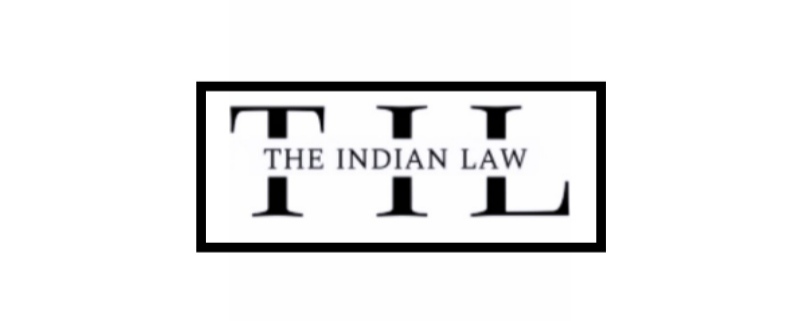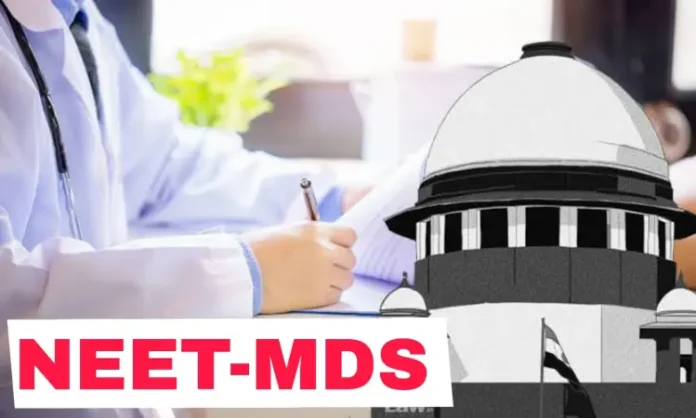Introduction
The Supreme Court of India recently addressed a pressing issue concerning the shortage of super-speciality doctors in the field of dental sciences. In a significant decision, the apex court regularised admissions for the Master of Dental Surgery (MDS) courses, emphasizing the need to bridge the gap in this specialized healthcare sector. This decision not only impacts dental education but also highlights the challenges of ensuring a robust healthcare system that includes adequately trained dental specialists.
Background: Shortage of Super-Speciality Dental Professionals
The dental science field, while integral to overall healthcare, has often been sidelined in terms of policy focus and resource allocation. Over the years, the country has witnessed a significant dearth of super-speciality dental professionals. This shortage stems from multiple factors:
- Limited Availability of MDS Seats: Despite the increasing demand for dental care, the number of seats for MDS courses remains limited.
- Stringent Admission Regulations: The criteria and processes for admission into MDS programs have often been stringent, leaving many seats vacant even after counselling rounds.
- Lack of Incentives for Specialization: General practice in dentistry is often preferred due to the lack of financial and professional incentives for super-speciality roles.
- Geographic Disparities: Most super-speciality dental professionals are concentrated in urban areas, leaving rural regions underserved.
This imbalance has resulted in a gap between demand and supply in the healthcare sector, particularly in advanced dental treatments that require specialists.
The Supreme Court’s Intervention
In response to these challenges, the Supreme Court took a pragmatic stance to regularise MDS admissions where procedural hurdles had caused delays or vacancies. The court’s decision comes as a much-needed relief to both dental aspirants and healthcare stakeholders.
Key Highlights of the Judgment:
- Recognition of Vacant Seats: The court acknowledged the issue of unfilled MDS seats due to procedural irregularities or overly rigid criteria.
- Balancing Public Interest and Legal Norms: The decision balances the need for upholding admission norms while also addressing the larger public interest of ensuring a sufficient number of specialists in dental science.
- Streamlining Admission Processes: The judgment calls for a more flexible and transparent admission process to prevent unnecessary vacancies in the future.
- Focus on Healthcare Needs: The court emphasized that the shortage of super-specialists in dental sciences directly impacts the public’s access to advanced dental care.
Impact on the Dental Education System
The Supreme Court’s decision has far-reaching implications for the dental education landscape in India:
- Filling Critical Gaps in Healthcare: By regularising admissions, the court ensures that more candidates are able to pursue super-speciality courses, thereby addressing the scarcity of trained professionals.
- Boost to Dental Institutions: Dental colleges will benefit from higher enrolment, ensuring optimal utilization of resources.
- Encouragement for Aspirants: The ruling serves as a motivation for dental graduates to pursue MDS programs without the fear of procedural hindrances.
- Strengthening Rural Healthcare: With more specialists being trained, there is hope for improved access to advanced dental care in underserved regions.
Legal Perspective: Balancing Rigidity with Practicality
From a legal standpoint, the Supreme Court’s decision underscores a key principle: legal procedures must not hinder the larger public good. While the court has often stressed the importance of maintaining admission standards to uphold meritocracy, it also recognized the need for flexibility when public interest is at stake.
- Precedent for Future Cases: This judgment sets a precedent for handling similar cases in other healthcare education fields where seats remain vacant due to procedural roadblocks.
- Role of Regulatory Bodies: The ruling indirectly calls upon regulatory bodies like the Dental Council of India (DCI) to revisit and streamline admission norms to avoid such issues in the future.
Challenges Moving Forward
While the Supreme Court’s decision is a step in the right direction, several challenges remain:
- Policy Reforms: There is a need for comprehensive policy reforms to address systemic issues in dental education and healthcare.
- Resource Allocation: Government initiatives to improve infrastructure, particularly in rural areas, are essential to encourage more professionals to specialize.
- Promoting Awareness: Increasing awareness about the importance of super-speciality dental care among the general public and policymakers.
Conclusion
The Supreme Court’s intervention in regularising MDS admissions marks a significant step towards addressing the shortage of super-speciality doctors in dental sciences. By ensuring that vacant seats are filled, the court has prioritized the public’s right to quality healthcare over procedural rigidity. This decision not only benefits aspiring dental professionals but also strengthens the healthcare system by fostering a more robust pool of specialists.
The ruling serves as a reminder that legal frameworks, while essential, must evolve to meet the dynamic needs of society, particularly in critical sectors like healthcare. Moving forward, it is imperative for regulatory bodies, policymakers, and educational institutions to work collaboratively to ensure a sustainable and equitable dental healthcare system in India.


